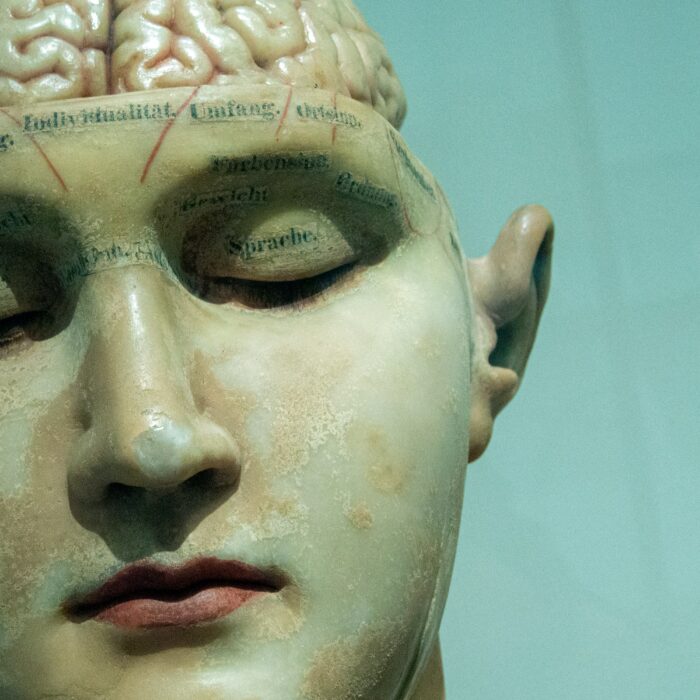You have no items in your cart. Want to get some nice things?
Go shopping A glass sits on the kitchen counter. An ordinary drinking glass with a few smudged fingerprints illuminated by the morning light slanting through the east windows. The glass is next to a bunch of browning bananas and a post-it note. The post-it note is pink and the bottom edge curls away from the counter. On the note are written five words in purple pen: Gone to store for milk.
A glass sits on the kitchen counter. An ordinary drinking glass with a few smudged fingerprints illuminated by the morning light slanting through the east windows. The glass is next to a bunch of browning bananas and a post-it note. The post-it note is pink and the bottom edge curls away from the counter. On the note are written five words in purple pen: Gone to store for milk.
You sit at the kitchen table and stare at this still-life on your counter. He must have left while you were still asleep, slipping out of bed in the darkness. He must have gone to pour himself a bowl of raisin bran—the cereal box sits on the table, opened, next to a bowl—and noticed there was no milk. His spoon is perched on the bowl, and the bowl is empty.
You have been awake for nearly an hour now. At first you didn’t even notice he was gone. Does that make you a terrible wife? To not realize your husband is gone for a quarter of an hour? You had known about the milk, though; you noticed it last night. Did that make you a terrible wife—to allow your home to become milk-less?
#
For the first fifteen minutes after waking, you lay in bed. You assumed he was in the shower. Or maybe sitting in his office, checking his email. You sprawled on your back, extending your arms and legs to fill the entirety of the queen size bed. No one had joined you in the night. No small footsteps had padded into your room and crawled beside you. Waking up alone was a luxury.
Did that make you a bad wife? Or a bad mother? Enjoying solitude and quiet. No, not just enjoying it–relishing it. Craving it.
By the time you made it into the kitchen you had been awake for a half an hour. You saw the post-it note then. There was no way of knowing, of course, when he had left. But you would have heard a door open and shut. Would have heard the garage door. So you knew he had been gone longer than that.
But you hadn’t worried. You pulled out the griddle and started making pancakes. You had a pancake mix that didn’t require milk and that’s what you were planning on making for breakfast. See, you had a plan! The kids could drink orange juice and eat pancakes with syrup until their fingers were sticky and then you’d pick up milk while they were at school. It wasn’t a disaster to run out of milk. It wasn’t a sign of poor home management skills. It was just an oversight.
You glanced at the post-it note again. You made the pancake mix and set the table. You turned on the griddle and poured the orange juice. You looked at the clock five times in less than five minutes.
Five minutes to drive to the store. It was only a few blocks away. Five minutes to get the milk, maybe ten; he didn’t know the grocery store well. Five minutes to go through the self-checkout. He always used the self-checkout. Five minutes to drive back home. Maybe he stopped for gas. Maybe he picked up a few extra things at the store. Although he never did that.
That couldn’t take more than forty-five minutes. He should be home any minute. You turned her attention back to the pancakes. The kids’ alarms were going off in their bedrooms upstairs.
But he probably left before you woke up. That meant he may have been gone longer than forty-five minutes. Maybe an hour. Maybe two. He was an early riser. There was no way of knowing how long he had been gone. You picked up your phone and dialed his number, listened as it rang in your ear. An echoing ring answered from his office. You strode into the room and found his cell phone sitting next to his computer.
He would be home soon. You returned to the kitchen and sprayed the griddle with non-stick spray. You ladled pancake mix: a Mickey Mouse for Hannah and a football for Tyson. But still you couldn’t stop looking at the clock, a retro cherry-red clock he gave you for Mother’s Day. Something you would see in a soda parlor, he had said. You loved that clock. But today it seemed like a malevolent force, ratcheting time with its needle hands, splintering life into narrowing wedges of hours and minutes and seconds.
He could have been gone for hours.
That’s when you looked at the post-it note again, at the few words written in his blocky handwriting. That’s when you noticed the glass next to it, the smudge of fingerprints, the press of his lips against the top edge, the scant amount of water left inside. The last things he had touched before leaving the house. The kids were talking and laughing in their rooms, getting dressed, making beds. The pancakes started to burn.
#
You sit at the kitchen table, staring at the post-it note and the browning bananas and the drinking glass. You have always known this would someday happen. You have been waiting for it. You have imagined it, countless times, when he left on a business trip or drove home through a snowstorm. And now it has happened, today, because of the milk.
He’s gone. You say the words in your mind but cannot speak them. He’s gone and he won’t be coming back. You can see him driving his ten-year-old Corolla down the street. You can see him coming to the red light, preparing to turn right. He was never careful enough when he made a right turn at that red light. He pulled to a rolling stop and then kept going. How many times had he failed to notice a car speeding toward them, then slammed on the brakes just in time, yanking you forward against the seat belt. You were always telling him to look more carefully.
How will you tell the kids? They will be downstairs any minute. They will notice the burned pancakes and their mother sitting motionless at the kitchen table, and they will wonder. They will ask where their daddy is, and you will look at them and their eyes will widen as you struggle to find the words. When Hannah’s fish died last year you told her he went to a better place. Hannah had wanted to know exactly where the fish went. What place was better than here? She hadn’t understood until you said it plainly: Your fish died, Hannah.
Hannah and Tyson, your daddy died in a car accident on the way to get milk this morning.
How will you make it without him? You have a degree, you used to teach school, but you haven’t in years. You haven’t needed to. You don’t know how to mow a lawn. You don’t even know how to start the lawn mower. You aren’t sure about the money situation; he took care of that. Investments? Life insurance?
The kids are coming down the stairs. You will tell them first, and then you will make phone calls. But how do you make a phone call like this? How do you call your mother-in-law and explain that her son has died getting milk? People shouldn’t die because their wives neglected to stock the fridge.
You look down at your hands. They are trembling. You press them flat against your thighs, then stand to face your children.
At that moment, the door opens. The door from the kitchen to the garage, the door you have tried to ignore for the past thirty minutes. Your husband’s shoulders fill the doorway. He is carrying a gallon of milk and a package of donuts. He sets them both on the counter, his expression vaguely bewildered. You are weeping and crumpling to the floor.
About Bradeigh Godfrey
I am a physician by day and a mother by night. In the cracks I find time to write. My work has been published or is forthcoming in Hektoen International, The Intima, and Sunstone.




